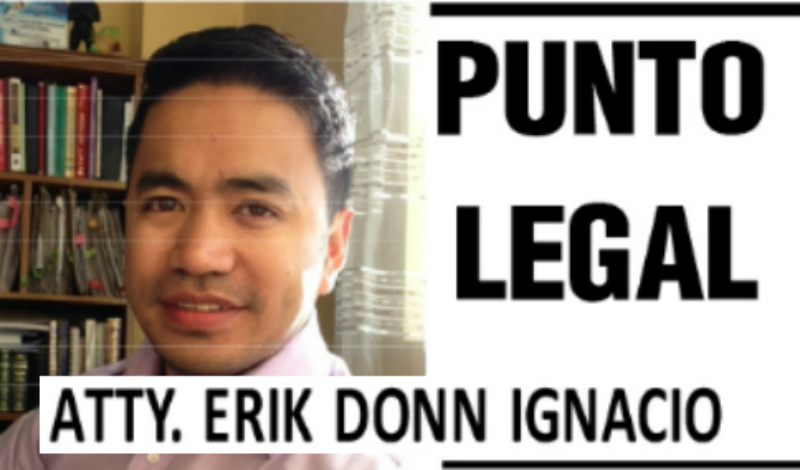A person who garners the highest vote during an election gains the confidence of the people and entitles him to occupy public office. This is the essense of our system of government. The process of selecting public officials is the manifestation of the supreme right of the people to govern. Once in office however, some officials fail to perform their functions and even worse perform acts which are detrimental to the welfare of the very people who installed them to their position. As a check on possible abuses or ineffectivenes, the officials have a limited term and the people will have to decide if they still want him or otherwise. This is supposedly the ultimate test of confidence on the officials. There are instances however, when the abuse of power or inefficiency is at a level that calls for the removal of the official from office. But who has the power to order his dismissal?
Sanngunian of Don Marcos vs Martines
Martines is the Punong Barangay of Don Mariano Marcos. He was charged by the Sangguniang Barangay before the Sangguniang Bayan for dishonesty and graft and corruption. He was ordered suspended for 60 days pending the final decision. The Sanggunian then promulgated its decision desmissing Martines from his position. The mayor, although he believes that the sanggunian has no power to dismiss Martines, issued an order removing the punong barangay from office. Martines appealed the order of his dismissal before the Regional Trial Court which declared the decision of the Sanggunian as void. Motions for reconsideration were subsequently denied promting the petitioners to elevate the case to the Supreme Court on the issue of whether the Sangguniang Bayan has the power to dismiss or remove a punong barangay from office.
No Power to Dismiss
The Supreme Court agrees with the Regional Trial Court that the Sangguniang Bayan has no power to remove a punong barangay from office. Section 60 of the Local Government Code conferred upon the courts the power to remove elective local officials from office: Section 60. Grounds for Disciplinary Actions.—An elective local official may be disciplined, suspended, or removed from office on any of the following grounds: x x x.An elective local official may be removed from office on the grounds enumerated above by order of the proper court. (Sanggunian vs Martines, G.R. 170626, March 3, 2008). Although the Sangguniang Bayan was granted by the Local Government Code the power to discipline, it does not include the power to dismiss. The Court added: “It is beyond cavil, therefore, that the power to remove erring elective local officials from service is lodged exclusively with the courts. Hence, Article 124 (sic 125)20 (b), Rule XIX, of the Rules and Regulations Implementing the Local Government Code, insofar as it vests power on the “disciplining authority” to remove from office erring elective local officials, is void for being repugnant to the last paragraph of Section 60 of the Local Government Code of 1991. The law on suspension or removal of elective public officials must be strictly construed and applied, and the authority in whom such power of suspension or removal is vested must exercise it with utmost good faith, for what is involved is not just an ordinary public official but one chosen by the people through the exercise of their constitutional right of suffrage. Their will must not be put to naught by the caprice or partisanship of the disciplining authority. Where the disciplining authority is given only the power to suspend and not the power to remove, it should not be permitted to manipulate the law by usurping the power to remove.”














